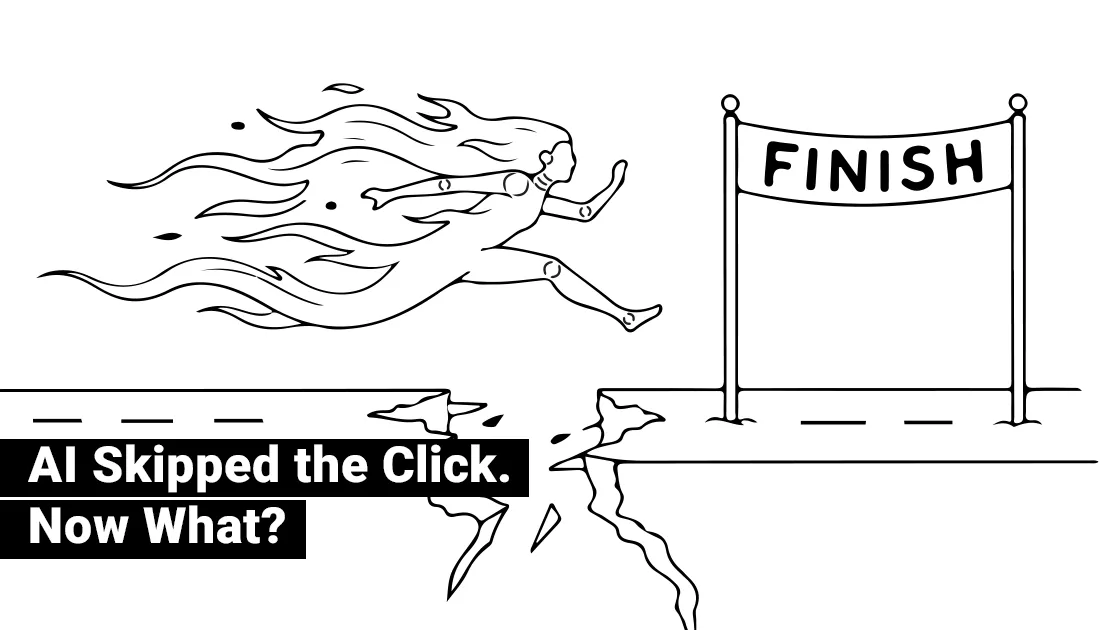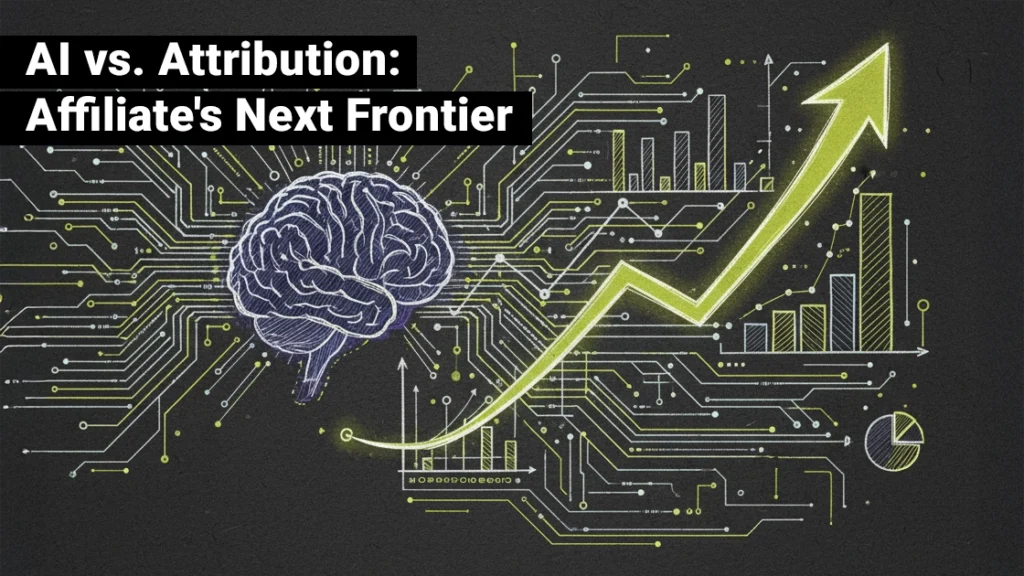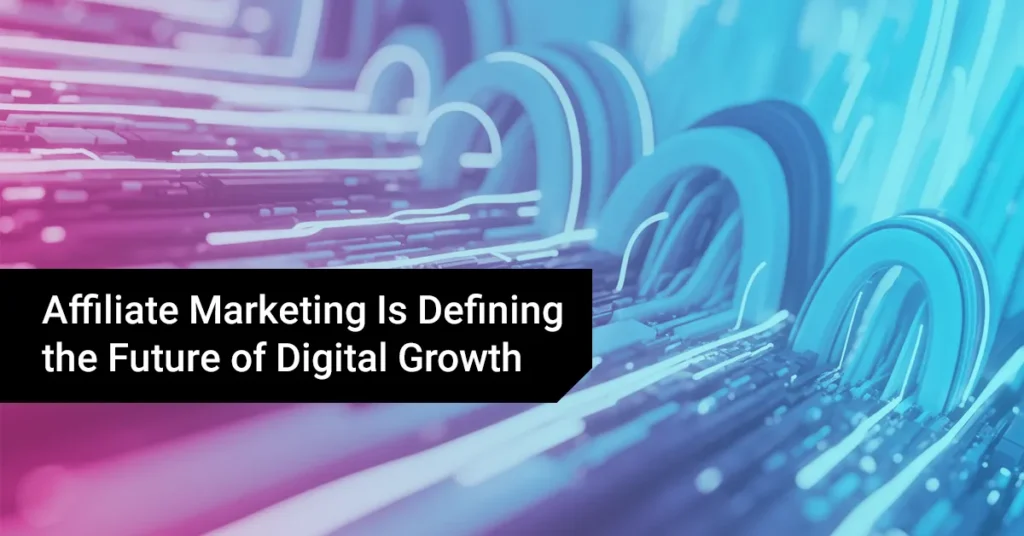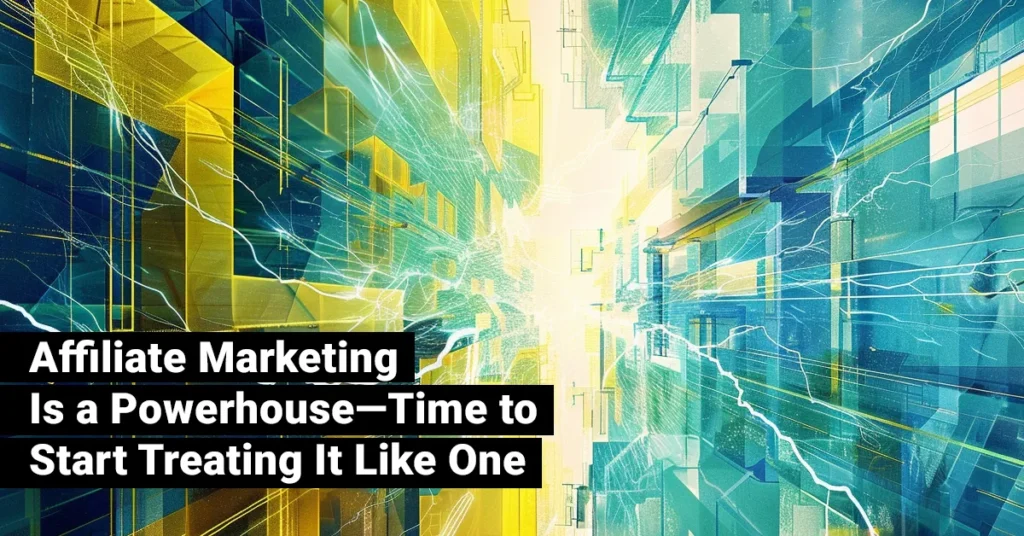As many of you reading already know, OpenAI announced its new “Buy in ChatGPT” capability, a feature that lets users discover and purchase products directly inside a chat. The release sounded like just another incremental AI upgrade. But if you work in marketing, partnerships, or affiliate, it should stop you in your tracks.
For years, attribution was messy but at least visible: you could see a click, a referral string, a partner ID, a pixel fire. That gave you a sense, however imperfect, of which channels drove discovery and which closed the sale.
Now? Consumers can ask, “What’s the best pillow for side sleepers?” and ChatGPT not only recommends one but lets them buy it instantly. No click. No redirect. No affiliate ID. No trace.
Convenient for the consumer. Efficient for the brand. A nightmare for anyone who helped influence that decision.
AI Doesn’t Invent Recommendations… It Consumes Them
Let’s state the obvious: ChatGPT isn’t making up these product recommendations out of thin air. It’s trained on the very content that publishers, creators, and affiliate partners have been building for decades; SEO buying guides, long-form reviews, YouTube breakdowns, TikTok comparisons, newsletter placements, etc.
That’s the fuel AI learns from.
Yet when it delivers a recommendation and closes the sale inside the chat, none of those original sources receive a penny. No traffic. No commission. Not even acknowledgement.
It’s like letting someone copy your homework and then watching them win the scholarship.
Attribution Was Always Messy, Now It’s Blindfolded
Let’s be honest: attribution has always been more art than science.
- Last-click acts as though the final touchpoint hypnotized the buyer into converting.
- First-click assumes a single exposure locked in the decision.
- Multi-touch is fancy math doing its best to include everyone.
Even before AI, survey data and analytics rarely matched. Ask a customer how they heard about you and they’ll give one answer; your platform data will tell you another. That gap was tolerable because at least you could see a trail of interactions and debate how to weight them.
AI-powered purchasing introduces a new reality: influence without evidence. No click, no referral string, no session trail, just discovery happening in the dark. And if influence can’t be observed, it can’t be rewarded. Which means publishers and creators — the people powering discovery — slowly lose incentive to produce the very content AI relies on.
Stop Treating Data as a North Star, It’s a Compass
Here’s the directive part: If you optimize your marketing strategy solely around what your analytics platform credits, you’re not optimizing for growth, you’re optimizing for convenience.
Consumers don’t behave in straight lines. They read a review on a blog, see an influencer on Instagram, get a text from a friend, forget about it, and two nights later might ask ChatGPT for a recommendation and buy instantly. Guess which channel gets credit? Usually “Direct” or “Email.” Sure it does.
This is why it’s more important than ever for brands to keep investing cross-channel. Cutting a channel because your tracking under-credits it doesn’t make you efficient. It makes you invisible. AI can only recommend you if you show up consistently across the ecosystem that trains it.
Think of marketing in these scenarios now as three layers: Discovery (content/affiliate/PR), Decision (AI), and Conversion (checkout). If you only fund the last layer because that’s what your data shows, you’re starving the first two, and soon the decision layer won’t even include you.
We’ve Adapted Before and We Can Do It Again
This isn’t a crisis. It’s an inflection point. The affiliate and partnership space has survived privacy changes, cookie loss, mobile tracking nightmares, and endless attribution debates. This is the next evolution, except this time the disruption is coming from platforms above us, not inside the industry.
The only realistic path forward is collaboration between the players who actually operate in the trenches:
- Networks like Impact, Rakuten, CJ, Partnerize, AWIN, etc. — who already have the infrastructure to track influence.
- Publishers and creators — who deserve recognition for invisible contribution.
- Brands and agencies — who must stop treating last-click data like divine truth and instead look at ecosystem lift and revenue stability.
Nobody can solve this alone but together, we can at least demand models that don’t erase value.
Potential Paths Forward, Not Final Answers
A few starting points worth exploring:
Immediate Actions
- Networks should begin testing impression-based or assist-level crediting for AI-referred transactions. Even probabilistic attribution is better than pretending influence didn’t exist.
- Brands should reintroduce “How did you first hear about us?” surveys post-purchase — with AI discovery as an explicit option.
- Agencies must push clients to evaluate channel investment not just on tracked ROAS but on assisted revenue, repeat rate, and brand lift.
Future Collaborations
- AI platforms like OpenAI, Google, Microsoft should expose an “attribution context layer.” Even a vague signal like “Recommendation influenced by editorial sources” is better than silence.
- Networks could pilot “AI-safe commission frameworks” that reward assisted discovery, not just raw clicks.
- Publishers with high-funnel influence may need hybrid compensation — part CPA, part discovery retainer.
None of these are perfect. They’re not meant to be. Perfect shouldn’t be the goal. Progress should be.
The Bottom Line
I’m not worried about AI displacing affiliate marketing. I’m worried about measurement becoming so narrow that AI quietly replaces credit before it replaces influence.
Because if AI is going to become the world’s smartest digital salesperson, then the people who supplied it with product knowledge in the first place deserve to be part of the revenue equation.
If we get this right, AI won’t diminish partnerships, it’ll make them stronger. Because when AI recommends your brand before the click? That should be worth something, too.






